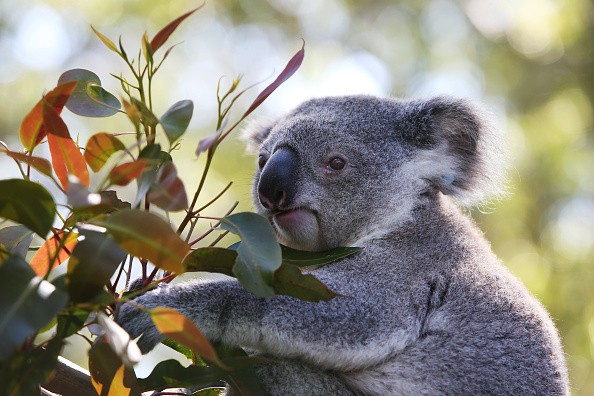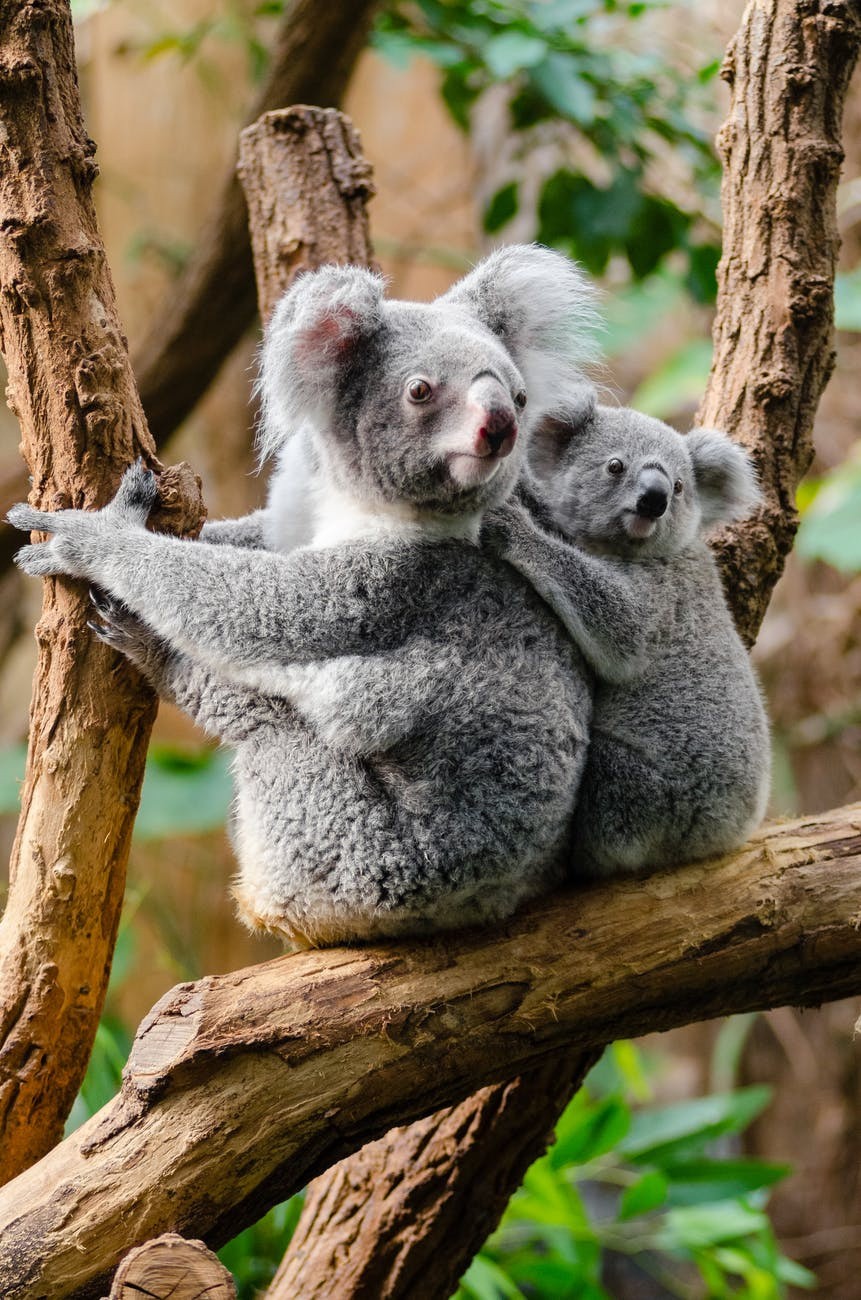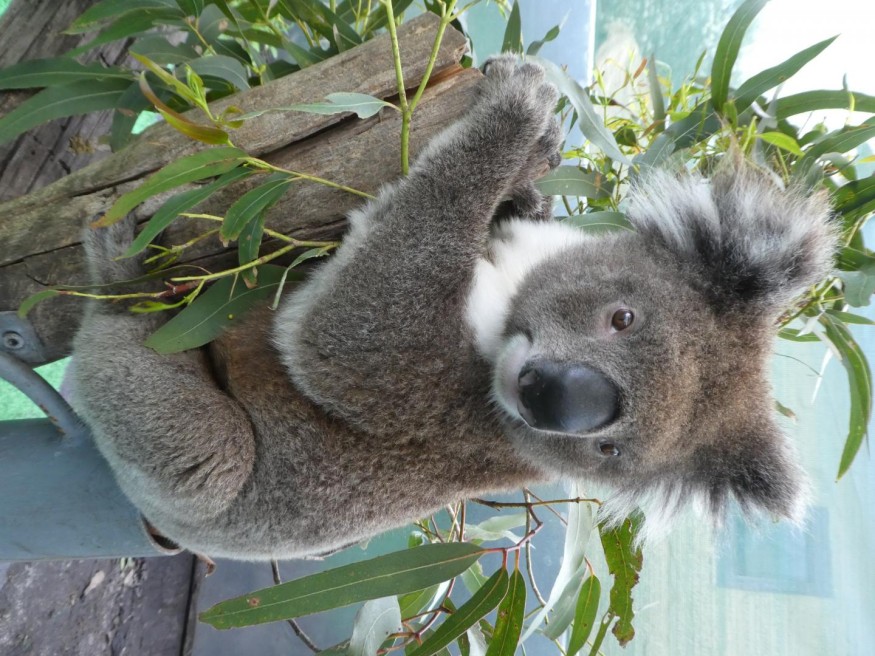The koala's future is jeopardized by habitat loss and climate change. The Koala retrovirus, or KoRV, is a lesser-known danger to the famous Australian mammal. So scientists at the University of Queensland set out to learn more about KoRV's transmission to understand the virus better.

"In most Australian populations, a conserved retrovirus, koala retrovirus (KoRV)-A, is found within the genome of koalas," the researchers stated. "Exogenously transmissible and more pathogenic divergent sequences and subtypes are thought to exist."
Spreading From Mother to Joey

The virus predisposes koalas to chlamydia and other illnesses, according to study co-author Keith Chappell, an associate professor at the University of Queensland, and is wreaking havoc on wild populations across Queensland and New South Wales.
Professor Chappell explained, "The virus induces immunological exhaustion, making it more difficult for koalas to cope with these other, already-harmful environmental stresses."
"We eventually showed how the virus transmits - from mother to joey - by decoding variants of the viral DNA in 109 captive koalas."
"It appears that transmission between mother and joey happens as a result of close contact, with a joey being exposed to a mother's potentially infected secretions, such as milk."
"Mothers shared their viral variations three times more than dads, indicating that this is the virus's primary mode of transmission."
The research gives a unique insight into conservation and captive breeding efforts by pinpointing the transmission route from mother to offspring.
"This discovery will be beneficial for koala conservation," said lead researcher Briony Joyce, "because it implies that captive breeding programs focusing on moms with a low number of retrovirus variations might result in healthier animals for release.
"Also, if antiretroviral therapy is proved to be safe and effective against KoRV in koalas, we recommend that it be administered especially in mothers during mating seasons to avoid transmission."
"This research contributes to evidence-based conservation by boosting koala resilience in the face of a changing and difficult environment."
Koala Retrovirus
The koala retrovirus (KoRV) is a retrovirus found in various koala populations. It's thought to cause koala immune deficiency syndrome (KIDS), an AIDS-like immunodeficiency that makes afflicted koalas more vulnerable to infections and malignancies. The virus is considered an exogenous virus that integrates itself into the koala DNA (becoming endogenous). As a result, the virus may spread both horizontally (from animal to animal) and vertically (from human to human) (from parent to offspring as a gene). Horizontal transmission modes aren't fully characterized, although they're considered to necessitate tight contact.
Outbreak

According to research, some koala populations, including an isolated colony on Kangaroo Island, have been found to lack the endogenous version of the retrovirus. This implies that the viral gene sequence in the koala genome is a recent addition. Furthermore, KoRV (and KIDS) in Australian koala populations show a trend spreading north to south. Some communities in the north are afflicted, whereas others in the south (particularly Kangaroo Island) remain unaffected.
Previously, the term 'koala retrovirus' was used to describe an unknown oncovirus found in cancer-stricken koalas. KoRV has been proven to be capable of transducing host oncogenes, but whether the resultant transforming viruses are transmissible has yet to be determined.
For more health and medicine related news, don't forget to follow Nature World News!
© 2025 NatureWorldNews.com All rights reserved. Do not reproduce without permission.





